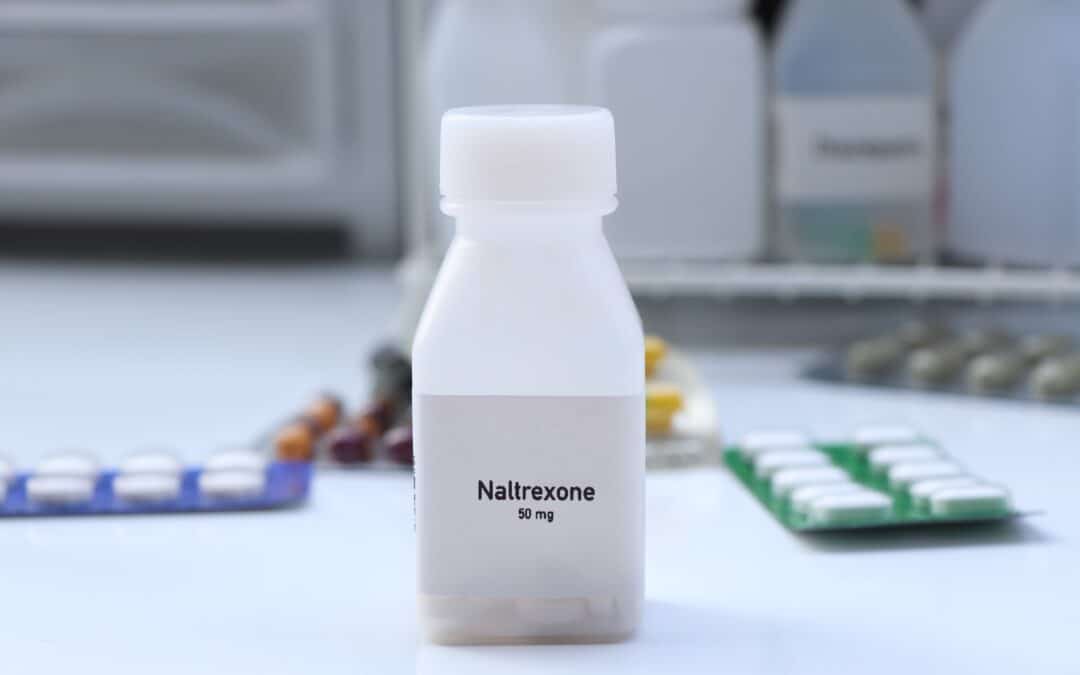After the decision to seek help for a substance use disorder, detoxification is the first process in the treatment plan. Medication-assisted treatment, when available, offers some relief in lessening the severity of uncomfortable and sometimes severe withdrawal symptoms.
Medications used in medical detox can allow the medical staff to manage the intense symptoms from alcohol or drugs being removed from the body while minimizing medical complications. However, some people have fears about introducing additional drugs during treatment, but professionals maintain the benefits outweigh any problems that could occur.
Cravings occurring during detox are a leading cause of relapse. Thus, 6 medications such as acamprosate, methadone, buprenorphine, and Naltrexone prescribed by a medical professional during detox, can address uncomfortable symptoms and cravings. Medications used in medical detox reduce the possibility of relapse and increase the duration of sobriety. In some cases, these medications can continue through the initial stages of treatment as part of the treatment plan.
Common Medications Used in Alcohol Detox
Healthcare professionals closely monitor the common medications used in medical detox throughout detoxification. These medications reduce the discomfort of withdrawal symptoms and reduce the chance of relapse.
A medical professional determines the narcotic or non-narcotic medication for each case. As a result, detoxification can be safe and less complex in a professional environment to begin the comprehensive treatment plan.
Below are examples of the most commonly used medications in alcohol detox:
Disulfiram is 1 of 3 medications used in medical detox approved by the FDA to treat alcohol use disorder under the Antabuse brand name. Producing adverse effects such as nausea, sweating, palpitation, low blood pressure, rapid heartbeat, and vertigo when alcohol is consumed discourages alcohol use. This drug is similar to acamprosate, which decreases the chance of relapse. Disulfiram is a deterrent to further alcohol intake and can help avoid relapse.
Acamprosate is one of the medications used in medical detox to maintain abstinence from alcohol. Typically, acamprosate begins 5 days after the last intake of alcohol. This drug is allowable during detox if the healthcare provider recommends it. Acamprosate works directly to maintain the brain chemistry of those with an alcohol use disorder. Beneficial to reduce the physical withdrawal symptoms in detox, this medication helps to reduce the likelihood of relapse.
Common Medications Used in Drug Detox
Suboxone is a combination of buprenorphine and Naloxone, which are opioid agonists and opioid antagonists. One drug produces a mild euphoric effect, and the other blocks the euphoric effects. Naloxone is critical in treating or reversing opioid overdose. According to the Substance Abuse and Mental Health Services Association (SAMHSA), patients who have an opioid use disorder need to acquire access to mental health services, medical care, and addiction counseling, including the option to supplement treatment with medication.
Suboxone stabilizes the opioid receptors in the brain, which is helpful in the process of making substantial lifestyle and behavioral changes. Known as an alternative medication to methadone, it is underutilized for treating opioid use disorders. In 2002, the FDA approved this drug as 1 of the medications used in medical detox. It is, however, safe and effective in combination with cognitive-behavioral therapy in treatment.
Methadone is 1 of the medications used in medical detox, primarily for withdrawal from opioids, but it can also extend for a longer duration. First, methadone decreases cravings and lessens the intensity of withdrawal symptoms. Those addicted to heroin have found methadone beneficial by allowing the brain’s receptors to stay engaged. Finally, for those concerned about further addiction from utilizing methadone, a tapering process is the standard practice.
Medication Used in Both Alcohol and Drug Detox
Naltrexone is a medication used for treating alcohol and opioid use disorders. Naltrexone curbs alcohol and opioid cravings when taken immediately after detox. It can also relieve nausea and vomiting from withdrawal symptoms. In opioid use disorders, Naltrexone blocks the euphoric and sedative effects of heroin and prescription pain medications.
Naltrexone poses little possibility of additional addiction. However, this medication is put to its best use after detox. Blocking the activation of brain receptors in getting high, this medication is helpful in the prevention of relapse. In oral form, Naltrexone can be taken daily, but its counterpart Vivitrol can be injected monthly.
Benzodiazepines help control anxiety symptoms during alcohol or benzo withdrawal syndrome. Benzos can reduce the severity of withdrawal symptoms with medication-assisted treatment in detox. They can also reduce the possibility of seizures and delirium tremens. Librium is a common medication used in medical detox. In addition, Valium, Ativan, or oxazepam are also beneficial with MAT.
Effectiveness of Medication-Assisted Treatment
The Food and Drug Administration has approved medication in combination with counseling and behavioral therapies for addiction treatment. This change was made when researchers found that successfully treating substance use disorders with medication and therapy sustains recovery.
Some medications are also helpful in preventing or reducing opioid overdose. Research has found that in keeping with the goals of recovery, medication-assisted treatment helps the patient in many aspects.
According to SAMHSA, medication-assisted treatment can provide the following:
- Improves percentage of patients’ survival
- Improves retention in treatment
- Decreases illicit opioid use
- Increases patients’ ability to find and maintain employment
- Improves birth outcomes for pregnant women with substance use disorders
Learn More About Medication-Assisted Treatment in Tennessee
Detox West is an ideal center offering MAT for those looking into medication-assisted treatment during detox and treatment in Tennessee. Our knowledgable staff knows about the 6 different medications used during detox and provides hands-on care. Offering detox programs for many substances, there are also options for gender-specific detox. The healthcare professionals on our staff believe in medications’ success during detox and treatment.
Contact the admissions office to ask additional questions and schedule an assessment today.


